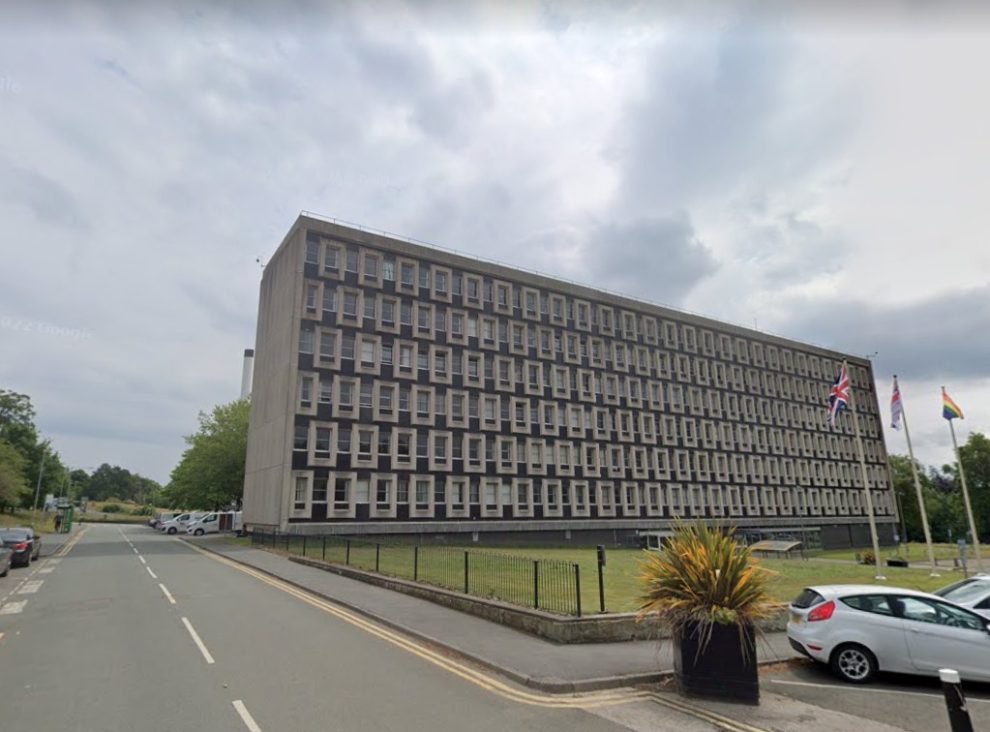FLINTSHIRE councillors have had their say on an independent pay review body recommending they receive a £1,000 salary rise from next year.
The authority’s constitution and democratic services committee considered recommendations from the Independent Remuneration Panel for Wales (IRPW) which sets councillors’ salaries, to increase their allowances from £17,600 to £18,666 per annum.
Under the proposals the council leader salary could rise from £59,400 to £62,900, while the deputy leader salary, split between two councillors who share the role in Flintshire, would increase from £41,580 to £44,099.
Cabinet members could see their annual salaries rise from £35,640 to £37,799. Aside from the leader and the two deputy leaders, there are six other members on Flintshire Council’s Cabinet.
The leader of the largest opposition party would see their salary increase from £26,400 to £27,999 while chairs of committees will see their salaries increase to the same figure.
Allowances are set at a level to ensure anyone from any background can become a councillor, so that there are no financial barriers excluding anyone from standing, restricting the opportunity to only those who can afford to.
Members had mixed views on the proposal with Holywell Central Cllr Ted Palmer (Lab) expressing concern about “peer pressure” and “political point-scoring” over accepting or refusing the allowance.
He added: “At the end of the day some people can only do the job because of the allowance.”
Connah’s Quay South Cllr Antony Wren (Ind) said that with the salary based on working a three-day week, councillors under retirement age would have to have another job.
He said: “I think it’s a step in the right direction but it’s never going to go that far because it’s based on a three-day working week.
“It takes no consideration of the size of your ward, the type of ward it is, how different the workload and the number of different committees that members are on.
“As a basic allowance for a general councillor, even I’ve had to succumb now and I start a new job next week because that level of remuneration is not enough without having a secondary income either from a job or a pension – which doesn’t encourage diversity.”
The authority’s chief governance officer Gareth Owens said analysis on the demographics of the council showed it was “disproportionately male and disproportionately older” in comparison to the county’s population.
He added: “That is common across Wales. If we are to attract people from all walks of life then the remuneration does need to be at a reasonable level.”
Cilcain Cllr Andrew Parkhurst (Lib Dem) wondered whether the increased allowances for committee chairs reflected how much more work they carry out compared to an ordinary backbench councillor.
He said: “At a time when budgets are really stretched and households are suffering with the cost-of-living crisis, and the prospect of each council department facing cuts this next budget season, I think it does behove us to look very carefully at this because we all have a responsibility to keep costs under control.
“I’d like to see if these increases pass a reality check.”

Councillors are required to attend at least one meeting every six months to be able to claim their allowance, but chief governance officer Gareth Owens reminded members there is more to the role than just attending meetings.
Holywell West Cllr Paul Johnson (Lab) said: “At the end of the day if we’re not doing the right workload, electors will know about it.
“It may be that you attend meetings with council officers and the police, but another councillor goes on more litter picks, do you value one as more worthy?
“You’ve got to accept that every councillor does the workload required in his or her ward and we just have to accept the numbers as they are, which is the same for every councillor across Wales.”
Councillors agreed to feed back their views to the IRPW and have until December 8 to do so.



















